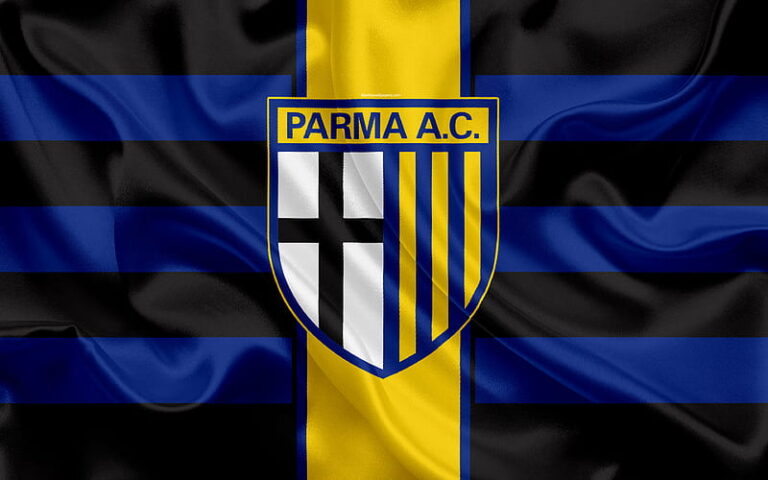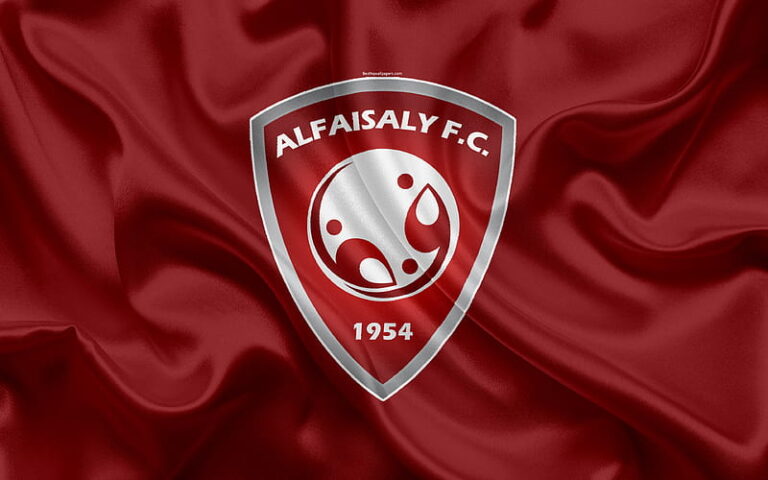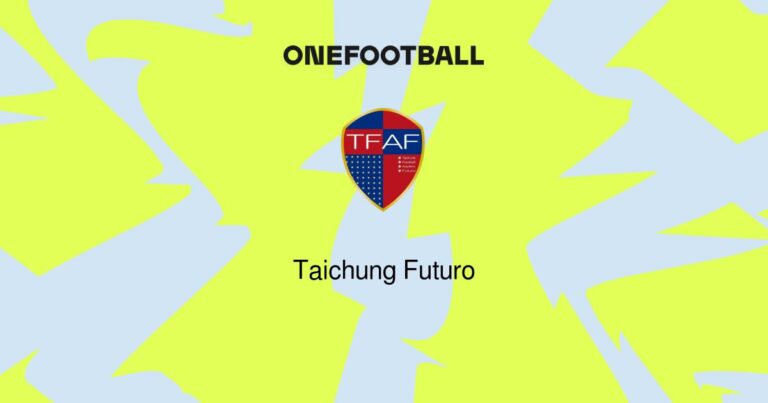
All Boys FC
As the decades passed, All Boys FC evolved from a neighborhood club into a recognized name within Argentine football. This section details the significant milestones, league promotions and relegations, and notable moments that mark its history. The club’s journey is one of perseverance, strategic change, and moments of brilliance that have captivated its fanbase.
The Post-War Period and All Boys FC
The post-war era was a transformative period for many Argentine clubs, and All Boys FC was no exception. During the 1940s and 1950s, the club experienced moderate success, primarily competing in regional leagues with sporadic appearances in the national competitions. These years were crucial for establishing a professional structure, recruiting better-trained players, and expanding its fanbase abcvip.
The 1960s saw the club reach new heights with improved infrastructure and coaching staff. The construction of better stadium facilities, such as the club’s stand, increased capacity to host larger crowds, and the development of youth divisions marked this promising period. The team matured into a competitive side, often finishing in mid-table positions with occasional cup runs.
The Rise and Fall: The 1980s and Early 1990s
The 1980s represented one of the most exciting eras for All Boys FC. The club reached the Primera B Metropolitana, the third division of Argentine football, and demonstrated resilience to maintain its position amidst fierce competition. The pivotal moment was promotion to higher divisions, which invigorated the club’s ambitions.
However, this ascendancy was not without setbacks. The club faced relegations and financial constraints that challenged its stability. During this period, several talented players emerged, and local rivalries intensified, particularly with other clubs in Buenos Aires. These rivalries fueled fan enthusiasm and created a compelling footballing atmosphere around the matches.
The early 1990s marked a period of consolidation—struggles with relegation battles and league reorganizations proved challenging but also fostered a resilient spirit within the club. The management focused on building sustainable growth, emphasizing youth development to ensure future competitiveness.
The 2000s: Navigating Turbulence and The Return to Prominence
The 2000s were characterized by fluctuating fortunes for All Boys FC. The club faced financial difficulties, administrative upheavals, and competitive struggles. Yet, amidst the turmoil, key strategic decisions—such as investing in youth programs and developing community outreach—began to bear fruit.
A defining moment was the club’s promotion to the Argentine Primera División in 2010 after decades in lower divisions. This historic achievement electrified supporters and signaled a new era of prominence. However, the club’s experience in top-flight football was short-lived initially, with relegation soon following due to the rigors of the elite league.
Despite setbacks, the decade was marked by resilience, with the club regaining strength through strategic management, talented players, and passionate fans. The 2000s also established All Boys FC as a symbol of determination, overcoming adversity through collective effort.
Recent Developments and the Modern Era (2010s-2020s)
In recent years, All Boys FC has continued to consolidate its position within Argentine football. The club’s emphasis on youth development, community engagement, and strategic scouting has led to a more sustainable model of growth. The club has seen promotions to and relegations from higher divisions, reflecting the competitive volatility of Argentine football.
Of particular note is the club’s performance in national cup competitions, where it has often upended larger teams, showcasing its resilience and fighting spirit. Community events, local outreach programs, and fan engagement initiatives have helped solidify its cultural significance beyond the pitch.
The modern era also witnesses a resurgence of local pride, with shared efforts by fans and stakeholders to elevate the club’s infrastructure, including stadium improvements, training facilities, and marketing strategies aimed at expanding its supporter base.
Notable Players and Coaches
Throughout its history, All Boys FC has been home to multiple notable figures who left indelible marks on the club. From legendary players to visionary coaches, these individuals contributed to defining the club’s character.
Some players achieved provincial, national, or even international recognition, embodying the club’s spirit of youth development and resilience. Coaches who adopted innovative tactics and instilled a winning mentality helped move the club through challenging phases, reflecting its adaptability and growth.
Summary
The evolution of All Boys FC is a testament to its enduring spirit amidst the unpredictable landscape of Argentine football. From post-war growth to recent struggles and triumphs, its history encapsulates the resilience of a community-driven club committed to excellence and tenacity. This journey through the decades underscores the importance of history, tradition, and collective effort in shaping sports institutions.


